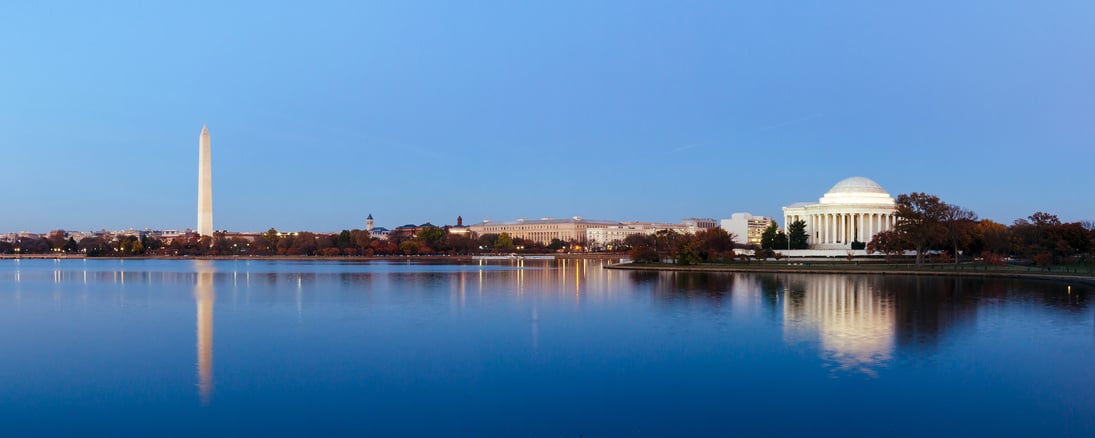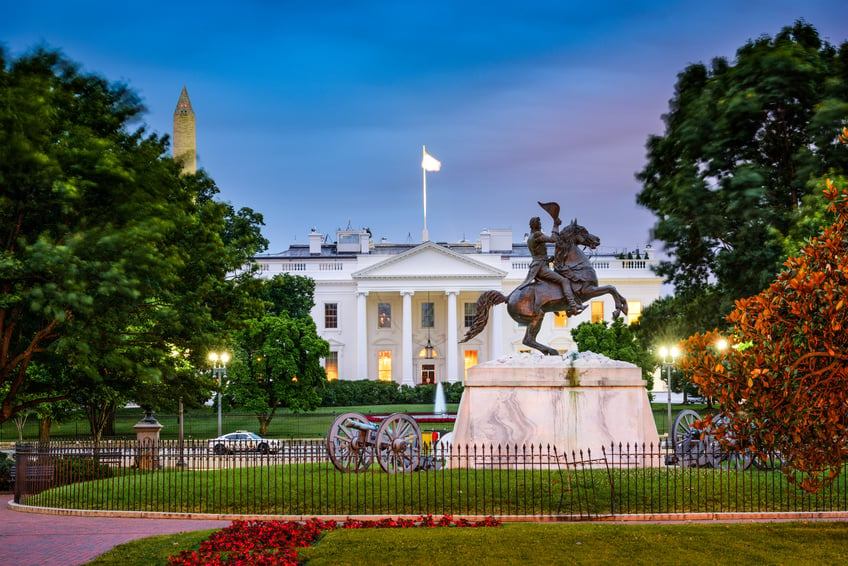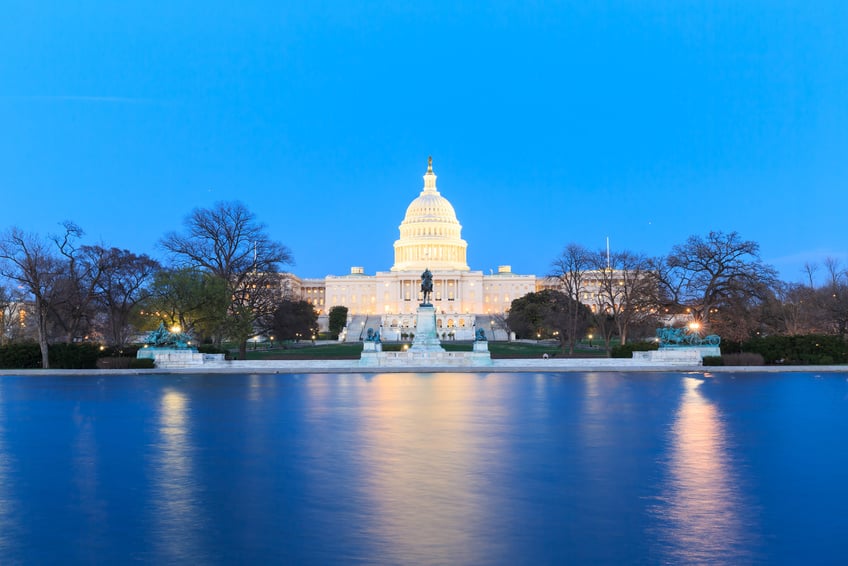Baker McKenzie’s Sanctions Blog published the alert titled “BIS announces expanded export controls targeting Russia” on 25 February 2022. Read the article via the link here. Please also visit our Sanctions Blog for the most recent updates.
On December 9, 2021, the US Departments of State and Commerce amended their regulations to strengthen US export controls targeting Cambodia. According to the Federal Register notices announcing these final rules, these enhanced export control measures were adopted in response to the expanded Chinese military presence in Cambodia, as well as the corruption and human rights abuses allegedly committed by the Cambodian Government. This action builds on various public statements from the US Government this year expressing concerns about Cambodia and warning US business about conducting business in or with that country, as described in more detail below.
On October 26, 2021, the Department of Commerce’s Bureau of Industry and Security published an advance notice of proposed rulemaking seeking public comments concerning the identification of certain neuro “brain-computer interface” technology as an emerging technology and the potential imposition of export controls on such technology. Comments are due no later than December 10, 2021.
We are pleased to invite you to our annual virtual Global Year-End Review of Import/Export/Trade Compliance Developments. Our international trade compliance lawyers from around the world will review the major global legislative, judicial and administrative activities and trends in export controls, trade sanctions, customs compliance, and import requirements which will be 16-18 November 2021.
On June 9, 2021, the US Department of Commerce’s Bureau of Industry and Security (BIS) issued a final rule, effective June 8, amending the Export Administration Regulations (EAR) to reflect the formal termination by the United Arab Emirates (UAE) of its participation in the Arab League Boycott of Israel (the “Amendment”). This means that certain requests for information, action or agreement from the UAE will no longer be presumed to be boycott-related if made after August 16, 2020.
On June 9, 2021, the US Department of Commerce’s Bureau of Industry and Security (BIS) issued a final rule, effective June 8, amending the Export Administration Regulations (EAR) to reflect the formal termination by the United Arab Emirates (UAE) of its participation in the Arab League Boycott of Israel (the “Amendment”). This means that certain requests for information, action or agreement from the UAE will no longer be presumed to be boycott-related if made after August 16, 2020.
On March 29, 2021, the US Department of Commerce’s Bureau of Industry and Security published a final rule implementing changes to the Export Administration Regulations that were agreed to at the December 2019 Wassenaar Arrangement Plenary meeting. Specifically, the Final Rule modified the reporting and self-classification requirements for exports of most mass-market encryption items and the email notification requirement for exports of publicly available encryption source code and beta test software.
On April 9, 2021, the US Commerce Department’s Bureau of Industry and Security (BIS) published a final rule (“Final Rule”) in the Federal Register to add seven Chinese parties (together, the “Designees”) to the Entity List. The Final Rule took effect on April 8, 2021.
On March 2, 2021, the US Government imposed a series of new measures against Russian Government officials and entities in response to the alleged poisoning and subsequent imprisonment of Russian opposition politician Aleksey Navalny. Specifically, the US State Department (State) imposed a number of financial sanctions and export restrictions on…
On January 15, 2021, the Commerce Department’s Bureau of Industry and Security (“BIS”) published an interim final rule (“Rule”) amending various provisions of the Export Administration Regulations (“EAR”) to implement certain provisions of the Export Control Reform Act of 2018 (“ECRA”). Among other things further outlined below, the Rule imposes new restrictions on…








